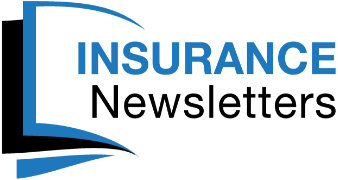Insurance is a business based on relationships. People want to buy insurance from agents that they know and like; agents who are active in the same communities and social circles and agents who have just six degrees of separation from themselves. While the internet has brought access to a wider circle of clients, it has hurt our ability to meet some of the social circle requirements set deep in our client’s subconscious. One way that many agents are trying to bridge this gap is through daily or weekly blogging—which is a great idea—if you know what you are doing.
Have a Clear Message
Your blog posts should have a clear, easy-to-read message that your prospects (and other readers) will understand. If you aren’t sure how to keep your posts focused just pick three main points for each and write around them. Do not try to use words you aren’t familiar with to impress—it’s okay if the posts just sound like you.
Give Solutions
While your posts may contain the discussion of certain problems—like the problems caused by not having health insurance—they should not leave your reader with nothing more than a review of everything that could go wrong. Instead, they should contain solutions so that your reader has some actionable advice to take.
Set a Reasonable Posting Schedule
Once you decide how often to post on your blog, you need to stick to that schedule. When you are consistent it will boost your traffic and show how seriously you are taking the blog—which helps your readers to take it more seriously. If you are planning on taking a vacation, you can always write your posts ahead of time and schedule them for posting.
Be Authentic
Imagine what this blog would look like if we thought we should put on artificial airs when we wrote it:
Thou shall writeth thou blog posteth whilst avoiding ratolorum.
While Elizabethan words are a bit of a stretch, any language or sentence structure you use that your prospective clients don’t identify with might as well be Elizabethan. It’s okay to be yourself even if you don’t have any formal knowledge of the writing craft. Your message is what matters most—not your mastery over the use of the semi-colon.
